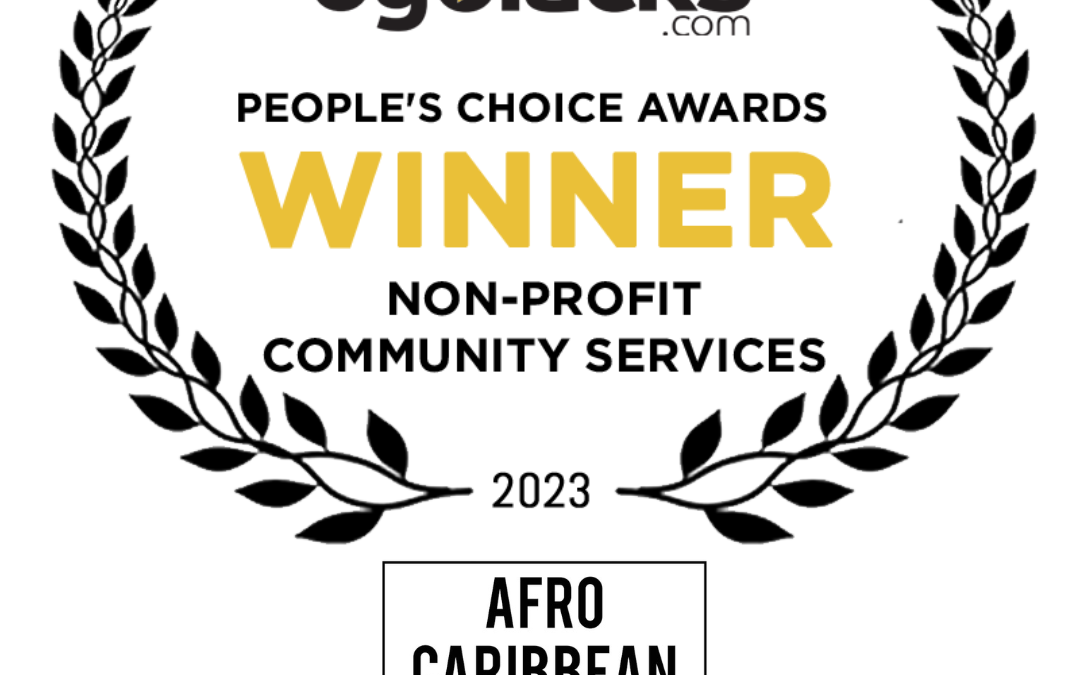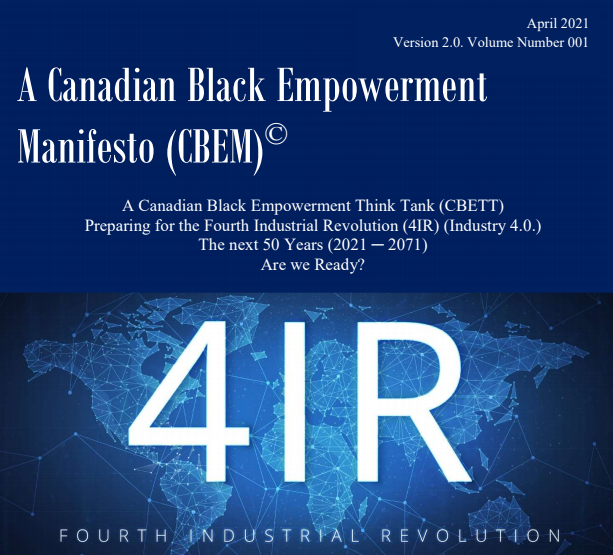In September 2020, the Government of Canada announced the Black Entrepreneurship Program (BEP) designed to support Black entrepreneurs in their recovery from the COVID-19 pandemic and foster sustainable future growth. To ensure the program effectively addressed the...






